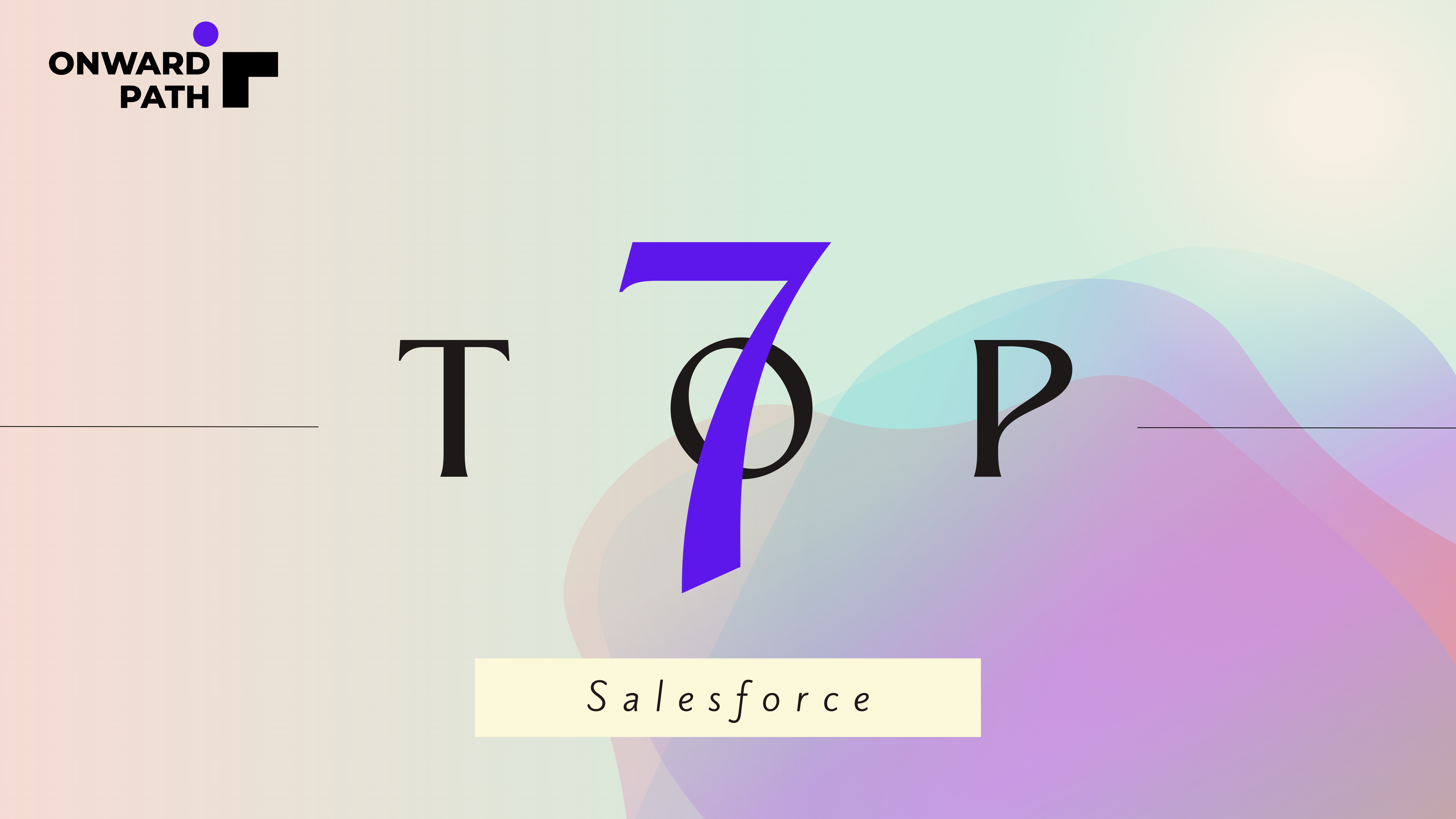Your website is your window to the world. Businesses use their websites to generate leads, opportunities, interests and get people to buy their products or services.
There are multiple aspects to it.
ROAS
You can run Google, LinkedIn, YouTube, Facebook, and Instagram Ads to drive traffic to your website landing pages and convert them into customers. What you measure here is what you’d call Return on Advertising Spend (ROAS).
ROI
You’d write content on your social channel, syndicate content in third-party sites with which you drive traffic to your website landing pages, and convert them into customers. This involves a fair amount of investment in hiring writers and syndicating them at the appropriate sites. What you measure here is what you’d call Return on Investment (ROI).
You write good content on your website with all the necessary keywords. When they search for information organically in Google, people will get directed to your website, where you try to convert them into customers. Here again, what you are measuring is ROI.
In essence, all of your activities as a business would be directly or indirectly related to generating leads and converting them.
There are several housekeeping things that you would do in terms of optimizing your webpages, do A/B testing, change your ads periodically to increase conversions. The most important of all of these activities is the website personalization appropriate for your target audience.
While everything else would help you generate traffic and interest, personalization is the most crucial aspect that helps in conversions.
What exactly is website personalization?
Amazon and Netflix are the poster boys of personalization. There is a title on both the websites that states ‘Recommended for you.’ You’d naturally tend to agree with their recommendations, and they would be easily a >80% match, based on your purchase and viewing history.
Hear this out.
- 68% of firms have made delivering personalized experiences a top business priority.
- Its personalization recommendation engine generates 35% of purchases in Amazon.
- 60% of sales conversions in Amazon happen due to their on-site recommendations.
How do you go about achieving this kind of website personalization?
Start selling your most tempting products to your customers. No product has a universal appeal. Every product would appeal to a particular segment of the audience, and targeting them is the first step to sell aggressively.
Most likely, you’d impress your audience who land up on your site as the information presented is appropriate and appealing to them.
You’d display products that are purchased by that demographic and display products that are bought repeatedly. Something that needs to be refilled or a monthly subscription package.
Besides, you can recommend products related to what is displayed or what has already been purchased. 56% of online shoppers are most likely to return to a site that recommends products.
You can even show custom product information.
Increase website session duration with website personalization
You can use adaptive content to showcase products to customers based on their location, history, or personalized information. On sunny days based on the user’s locations, you show summer outfits, and when the user is from a different place that isn’t sunny, the category changes.
The most important and the most misunderstood aspect of personalization is the stickiness of your website for your audience.
- How long can you retain your audience on your website?
- What kind of digital experiences are you providing them to make your website sticky?
- How easy is it to get additional information on products that are displayed? Do you have a live chatbot running?
All of these would make the website sticky and exponentially increases the likelihood of buying things.
Still, the buying decision is a huge challenge in most cases. In most places, people abandon their carts or keep loading their carts with no intention of buying.
How do you entice customers to convert?
The next time the visitor returns, you show them the cart again, pushing them towards the buying mindset. You would send notifications to them on the saved cart items, and any offers to structure them. All of these would help in getting customers to buy a good percentage of saved cart items.
Besides, you should auto-populate forms, store shipping and payment information, and make purchases as frictionless as possible. Ruthlessly, identify friction points in the customer’s end-to-end journey and remove them for the personalized experience to bear the necessary results.
Personalization helps consumers become repeat customers if you provide targeted and personalized offers.



